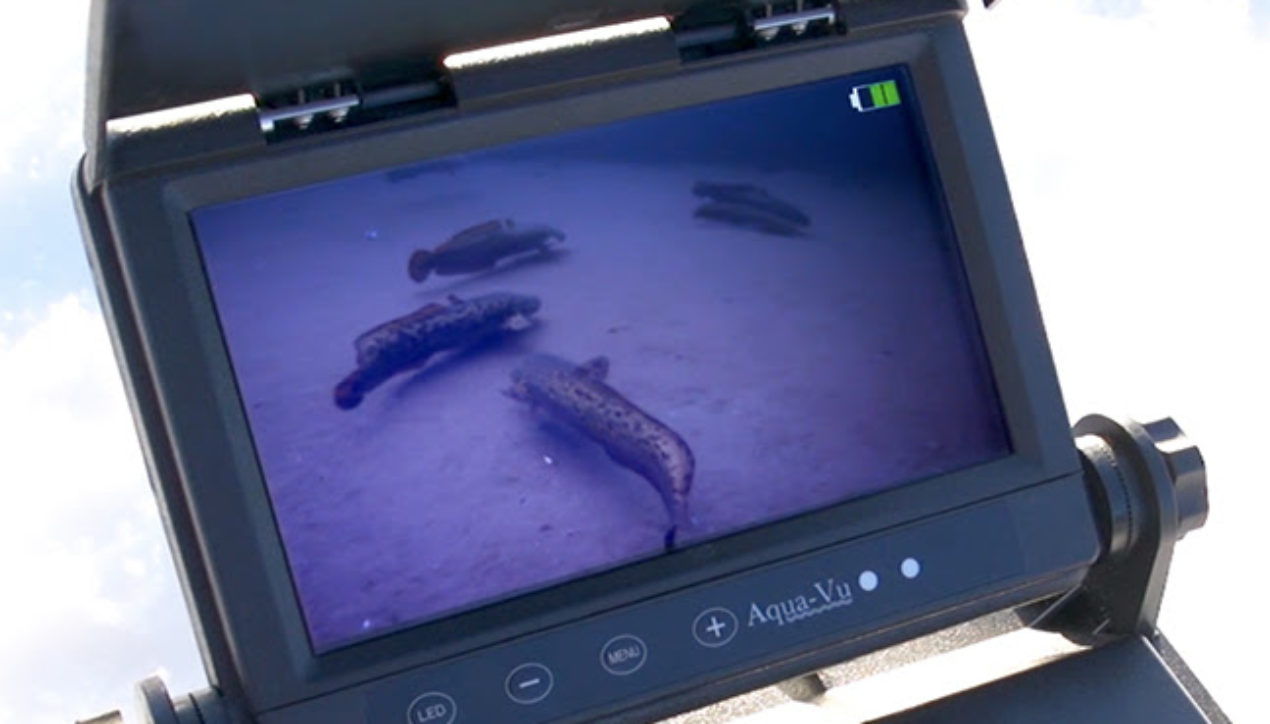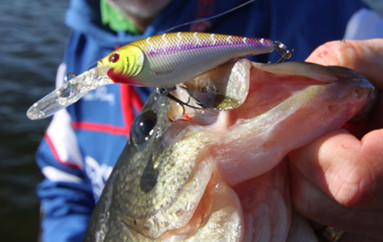
About ‘Pout
Crosslake, MN (March 27, 2018) – Eelpout are in. Burbot are a big deal. Lawyers are likeable.
Really?

Actually, yes. This lone freshwater member of the cod family easily qualifies for the most interesting fish in the world—right up there with megamouth sharks, pufferfish and those bizarre, alien-like creatures that haunt the deep seas
Intriguing about the enigmatic eelpout is that for most of the year, no one particularly knows where they go. We know that the species’ circumpolar natural range stretches from the Great Lakes to Alaska and across the Bering Strait to Europe and Asia, excluding the United Kingdom, where they’ve not been captured for nearly half a century.
We also know that during late winter, adult burbot begin assembling en masse, spawning beneath lake and river ice atop sand and gravel bottoms. That’s when anglers encounter and increasingly target them. There’s a movement afoot, particularly among adventurous young ice anglers like Minnesota guide Hays Baldwin, to learn more about the burbot; to study them through the lens of an underwater camera; to learn where and how to catch them; and finally, to appreciate and release the larger, older burbot to swim and spawn once again.

But not all anglers who chance upon burbot appreciate them. For the eel-like fish likes to greet us with a slightly amusing, friendly bark and by “hugging” our forearms with its soft, sinuous tail. Nevertheless, everyone seems to find them fascinating to observe with an underwater camera. When burbot assemble to spawn late each winter, we marvel at their large gregarious assemblies, their spectacular mottled flanks and the impressive energy they display within seemingly tranquil underwater environs.
Alas, we give you the increasingly beloved burbot . . .
Fascinating Burbot Facts:
- Reproduction occurs in pairs, as well as within groups of dozens to hundreds of individual fish.
- Burbot have been captured in extreme Great Lakes depths up to at least 600 feet.
- A single female can lay well over one million eggs depending on her size. Tiny burbot hatchlings measure just 0.15 inches, one of the smallest freshwater fish larvae.
- The burbot’s durable skin was once used as window material in Siberian homes.
- The International Game Fish Association lists the world record burbot at 25-pounds 2-ounces, caught in Lake Diefenbaker, Saskatchewan. Anecdotal evidence points to fish up to 60-pounds once living in other parts of the world.
- Tracking data has shown that burbot often remain inactive and sedentary for over 24 consecutive hours, moving only at sunset or at night.

Minnesota fishing guide Hays Baldwin harvests delicious smaller burbot, but releases larger breeders to help perpetuate the species.

#AquaVu




